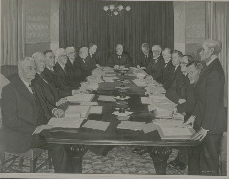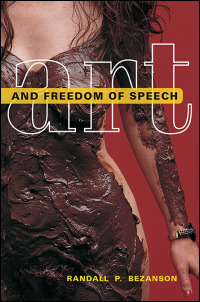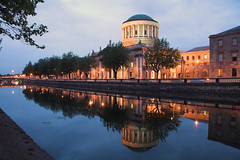The Council of State and the recusal of judges
 Two very different stories in the media over the last few days have coalesced in my mind over the weekend. The first story is the announcement by the President of seven appointments to the Council of State. The second is the debate in the US about the recusal of Supreme Court Justices from forthcoming challenges to health care legislation.
Two very different stories in the media over the last few days have coalesced in my mind over the weekend. The first story is the announcement by the President of seven appointments to the Council of State. The second is the debate in the US about the recusal of Supreme Court Justices from forthcoming challenges to health care legislation.
The Council of State is established by Article 31 of the Constitution, and its primary role is “to aid and counsel the President”. The first meeting was convened by President Douglas Hyde on 8 January 1940, and a large painting of the event (pictured above left) by Simon Coleman hangs in Áras an Uachtaráin, in a reception room now called the Council of State Room. At the end of last week, the recently-elected President Michael D Higgins announced the appointment of Michael Farrell, Deirdre Heenan, Catherine McGuinness, Ruairí McKiernan, Sally Mulready, Gearóid Ó Tuathaigh, and Gerard Quinn to the Council.
Among the specific functions ascribed to the Council by the Constitution, Article 26.1.1 provides that the President may, after consultation with the Council of State, refer a Bill to the Supreme Court to determine whether the Bill is constitutional or not.…




